Hope in the Apocalypse
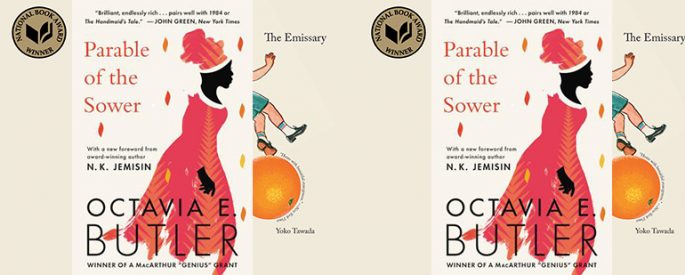
Octavia Butler and Yoko Tawada balance the pain of life in a post-apocalyptic future with stories of human resilience, offering readers some spark of hope in a future that seems hopeless.
Silvia Ferrara’s The Greatest Invention: A History of the World in Nine Mysterious Scripts and the Power of Written Language
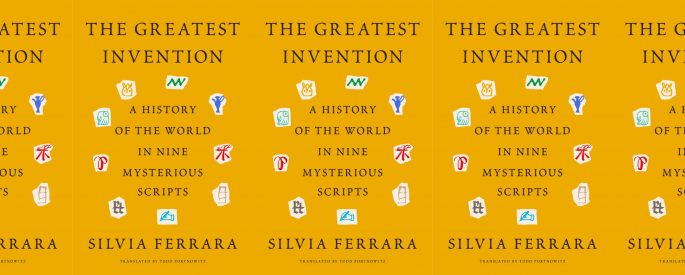
At times of injustice and tragedy caused by senseless human actions, it is helpful to recall the revolutionary power of writing from the broad perspective of the history of human existence.
Women and Violence in Maria Dahvana Headley’s Beowulf

Maria Dahvana Headley’s 2020 Beowulf translation works to center the lives and voices of women—a move that dramatically changes its handling of violence and trauma.
Generational Conflict in Jacqueline Harpman’s I Who Have Never Known Men
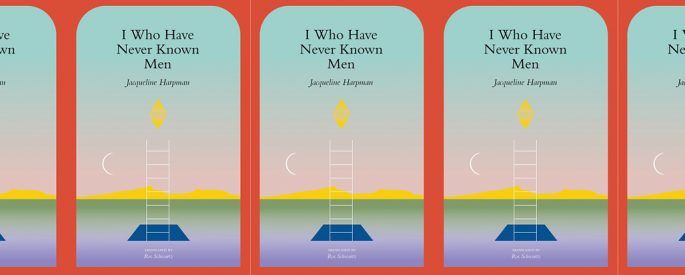
Jacqueline Harpman’s 1995 novel presents a debate about what is best for a post-apocalyptic world, exploring generational conflict regarding the relevancy of norms from the old world in the new.
Julie Otsuka’s Layered Points of View
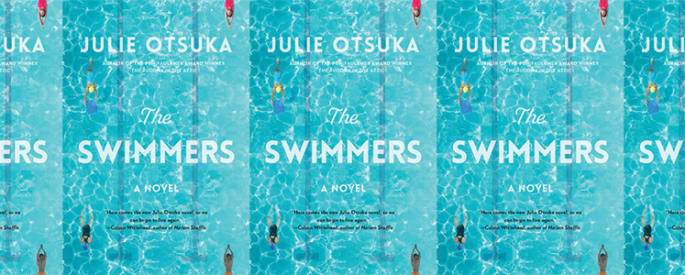
Julie Otsuka’s new novel is divided into five chapters, three written in the first-person plural perspective and two in the second-person; the novel examines dementia, familial relationships, and the friction between the collective and the individual, using the shifts in point-of-view to marry form to content.
Climate Resignation in Inter Ice Age 4
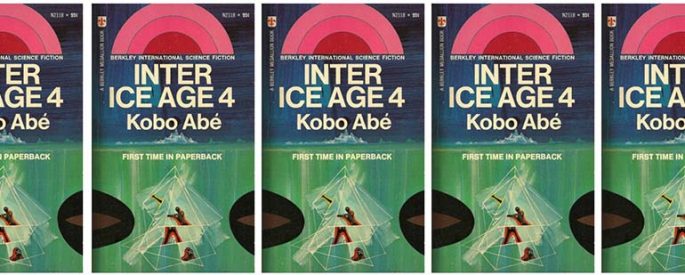
A forgotten classic in the realm of climate fiction, Kōbō Abe’s 1958 sci-fi thriller represents a telling effort in assessing why so many of us feel resigned to our climate fate—and why it is fundamentally difficult to understand the magnitude of the problem that lies before us.
Privileging Survivors’ Voices
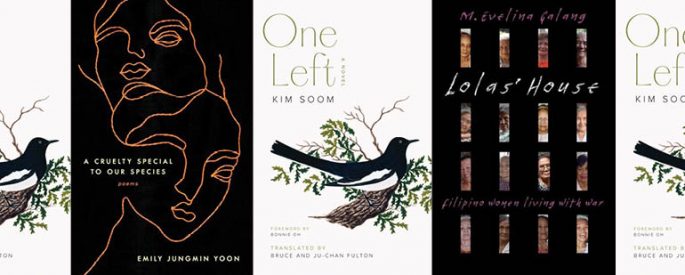
Books by M. Evelina Galang, Emily Jungmin Yoon, and Kim Soom fill critical gaps in the public’s understanding of World War II rape camps run by the Imperial Japanese Army—euphemistically referred to as “comfort stations.”
Decay and Rebirth in Irene Solà’s When I Sing, Mountains Dance
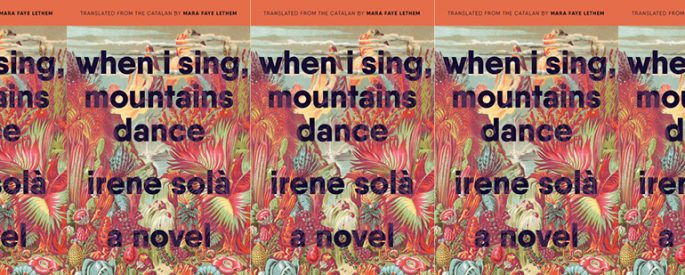
Irene Solà reveals the beauty and brutality of life in a mountain village that holds the scars of the past, but also the seeds of slow repair and renewal.
Memory and Transformation in Aurelia, Aurélia
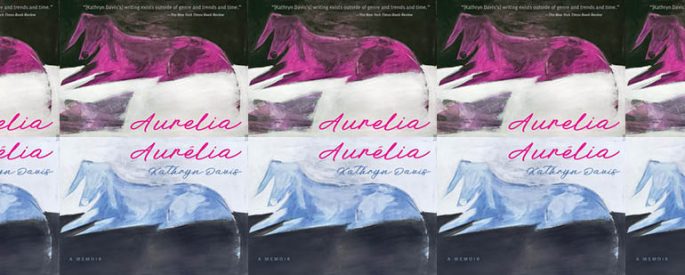
Kathryn Davis’s new memoir explores memory as something formative—something that begins as a static point then transitions into something alive, yielding something new, remembering becoming an experience in its own right.
Morphine’s Resonant Portrayal of Addiction
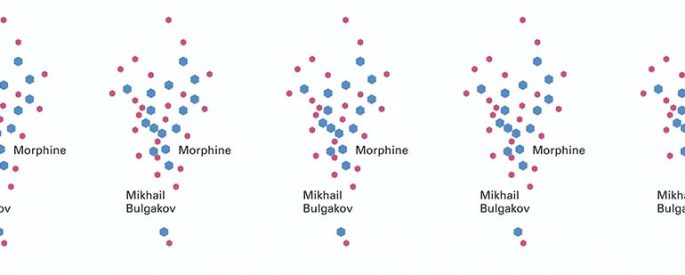
If one were to substitute “opioid” for “morphine,” Mikhail Bulgakov’s 1926 novella feels like it could have been written yesterday. Reading it is thus nearly unbearable: it asks us to look at how little perception and treatment of substance use disorder has changed over the course of a hundred